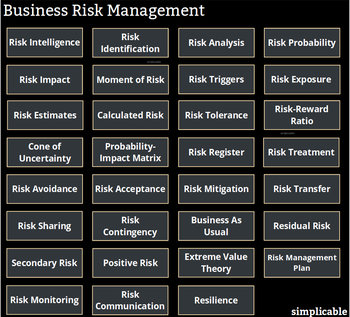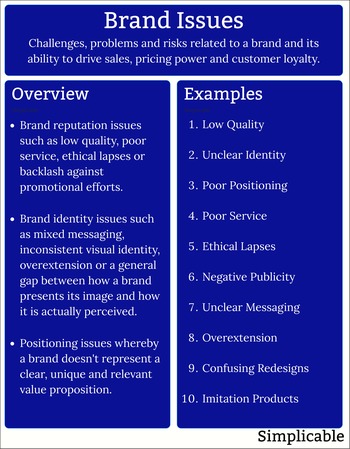
Input Shortage
A lack of inputs such as materials and parts that causes downtime for operational processes such as a production line.Shrinkage
Inventory that disappears or expires.Excess Inventory
Excess inventory can result from marketing issues, poor sales forecasts and inventory planning failures. It often needs to be heavily discounted to sell. For example, a fashion brand produces a model of shoe in 3 colors. A month into the season, one color has barely sold at all and needs to be discounted to clear shelves for the next line.Supply Shortfall
A product generates more demand than expected and is quickly sold out. This can represent a lost revenue opportunity if the window for sales is limited. For example, a popular toy at Christmas may generate intense demand that collapses in January.Value Loss
Each day a product, part or material sits on the shelf it may loose value. Value can fall quickly due to a new product launch by a competitor or volatile commodity prices.Inherent Risk
A control failure that results in an incorrect inventory count. For example, a firm finds that it has millions of dollars in missing inventory when it performs a year-end audit.Channel Inventory
Inventory that is shipped to distribution partners represents a special class of inventory risk. In some cases, partners have the right to return unsold inventory, resulting in a flood of returns when something doesn't sell. Excess inventory in a channel can also damage future sales as partners stop ordering.| Overview: Inventory Risk | ||
Type | ||
Definition | The potential for a loss due to inventory planning and control failures. | |
Related Concepts | ||




























